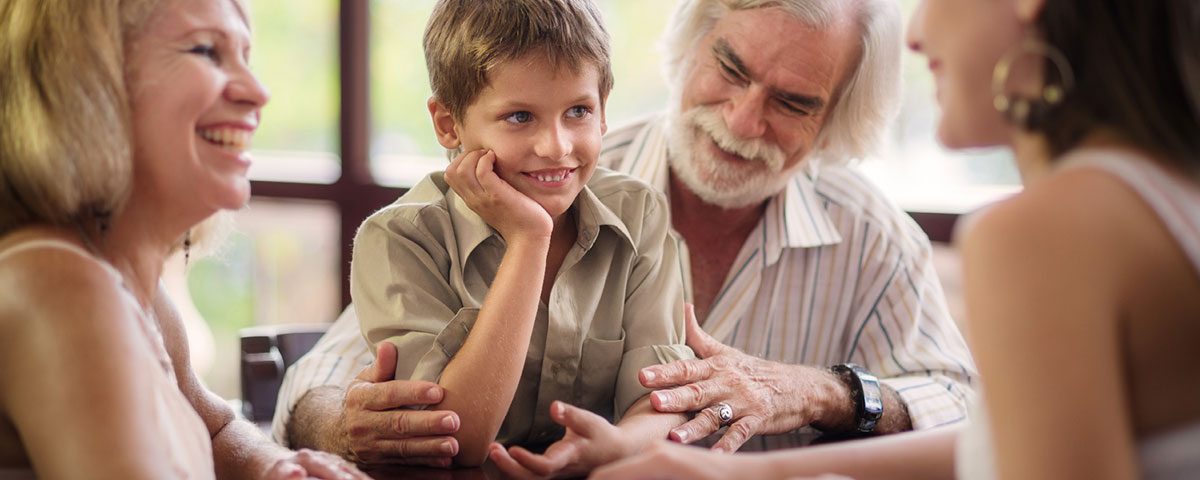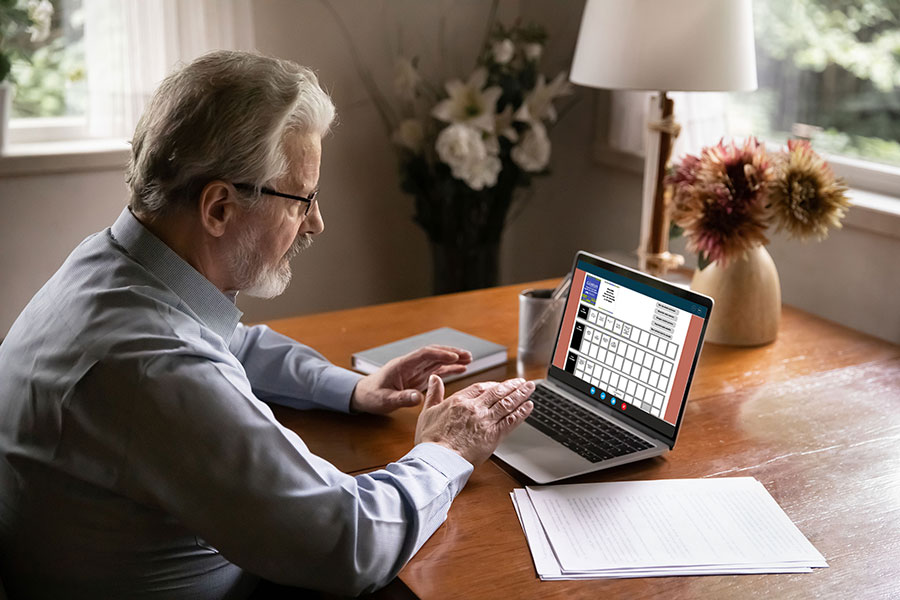End of Life Conversations Are A Gift To You and Your Loved Ones

She was scared and confused yet determined when she walked into Catholic Cemeteries Coda Alliance End of Life Planning discussion event. Elena (not real name), a smart Hispanic woman, in her fifties, had lived a pretty hard life as a single mom, so she never really counted on getting much help. However with a free talk about advance care planning and now facing heart surgery — the first time she had any surgery — she needed to ask for help. So she contacted the Catholic Cemeteries who, in turn, related the situation to their Coda speaker, Cindy Safe. Ms. Safe requested to meet the anxious woman separately before the event.
“I feel for people who have difficulty with conversations about death . Unfortunately, the information that could help is not always readily available,” explained Ms. Safe. “But watching them leave a talk, confident and at ease after working through problems with our GoWish cards, I feel happy.”
Ms. Safe came early to meet with the patient prior to the event. Elena’s first worry was her children, all in their 30s, who refused to listen to her concerns about her surgery and possible death. As is the case with many families, they felt that if they didn’t talk about it, the problem would just go away. But their mother wanted them to understand her wishes and her feelings to make sure they knew what she wanted. And, she didn’t want any more arguments about having this discussion.
“When people first start working with the GoWish cards, they think ‘How is a card game going to help?, that is until they see what’s on the cards. ” Ms. Safe went on to explain that the deck of cards is a sorting game devised to help people determine what it is they truly want at end of life. “Each sorting card has a possible wish or hope at end of life that help readers get to the bottom of what matters most to them.”
The 36 GoWish cards are developed to start the player talking about what death and dying and end of life means to them. One card might read, “to remember personal accomplishments”. Another , “to have my family with me” or “to keep my sense of humor” or “ to die at home” or “to prevent arguments by making sure my family knows what I want”. As the person sorts through and prioritizes the cards, they talk about each card and what it means to them, until they’ve chosen their 10 most important card wishes.
Elena knew all about her heart surgery procedure but needed to understand the “heart’ of the situation – what to do should something happen. She wanted understanding and control. Most importantly she “wanted confidence in her convictions so that she could explain to both her doctor and her children what she most needed — in a way that they would get it. Ms. Safe guided her, when talking with her children, to talk about what each card means to her. “That’s the best way to start the conversation with your loved ones,” she explained.
According to the Coda Alliance speaker, the key to starting this sensitive discussion with your loved ones is to explain what’s important to you. Why? Because once they start listening, when you ask them to do something, they do it because of their love for you. It’s also vital for your agent (the person designated as responsible for being a spokesperson for your healthcare decisions) to ensure that your wishes are met if, at the moment, you’re not able to. Whether your agent is family, friend, or whomever, you the patient, need and deserve, the confidence to know he/she will understand and fulfill your wishes.
Elena left feeling confident that she could now articulate her feelings. She knew that she had what she needed. The anxiety over expressing herself and having her wishes met ebbed away. She knew that she was now prepared to deal with her children and with her doctors.
“This is a gift to you, your loved ones and your medical team,” continued Ms. Safe. “It shows them you love them and eases their minds. I feel it’s almost like a calling for me. When I first started working with Coda, I’d not done a lot of constructive thinking about death and dying. It was really difficult me at first, too. But once I got my arms around it, I knew that I was giving a gift to others. Now people come out of the woodwork to talk to me about how to manage end of life.”
According to Ms. Safe, Coda Alliance speakers give talks at high schools and colleges. She proudly tells the stories of students who went home and asked their parents if they were prepared. “Kids get it,” she said, “ and they’re comfortable talking about it because it gives them some control.” Returning to the workshop the next day some students had stated that their parents were not prepared. One student said. “I told my mother – you need to have a talk with me about what you want at end of life.”
After all you never know what’s going to happen, but that preparation will give each of us the confidence to feel secure.

